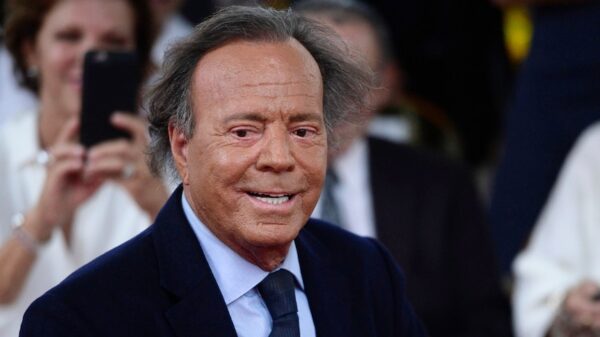UPDATE: In a bold move, Disability Services Minister Hannah Beazley has received strong backing from Premier Roger Cook as she contemplates a boycott of an imminent meeting regarding crucial NDIS reforms. This high-stakes decision follows significant concerns over the limited speaking time allocated to State Ministers during discussions with Federal Health Minister Mark Butler and NDIS Minister Jenny McAllister.
This developing situation is urgent as the ministers express their discontent over the proposed meeting format, which offers each state only two minutes to voice their opinions on major changes, including the introduction of the $2 billion Thriving Kids program. The letter co-signed by Beazley and her counterparts articulates that the ministers can no longer confirm their attendance, labeling the meeting’s structure as “unreasonable” and “unacceptable.”
Beazley firmly stated, “It’s a fair expectation of State Disability Services Ministers to be able to discuss matters on the key priority of Foundational Supports with the Commonwealth.” Her message is clear: state ministers are united in demanding a proper platform to represent their communities, especially concerning the welfare of children with disabilities.
This meeting, set for later this month, comes on the heels of changes announced by Minister Butler in August that took many state officials by surprise. The proposed reforms aim to create a new scheme outside of the NDIS specifically for children aged eight and under with developmental delays and disabilities, designed to alleviate pressures on the existing system.
Beazley’s resolute stance has garnered support from Cook, who stated, “My ministers always have my full support.” He emphasized the importance of State Ministers being able to voice their concerns adequately during national discussions.
When asked about the disagreements surrounding the meeting agenda, Cook acknowledged that it’s vital for each minister to represent their state’s issues effectively: “Obviously, that’s an important part of any national forum.”
As the clock ticks down to the scheduled meeting, officials are urging a resolution. A spokesperson for Butler stated, “The Disability Reform Ministerial Council has important work to do on the recommendations of the disability royal commission, provider viability, and on cracking down on fraud and abuse of the NDIS.”
The expectations from communities across Australia are high, with many looking towards their ministers for meaningful discussions and decisive actions on these pressing issues.
In this urgent climate, all eyes will be on Beazley and her colleagues as they navigate their next steps. Will they boycott the meeting, or will a compromise be reached that allows for a substantive dialogue on the future of the NDIS? The implications for thousands of families relying on these services are profound, making this a pivotal moment in disability policy reform.
Stay tuned for the latest updates as this story develops.


































































